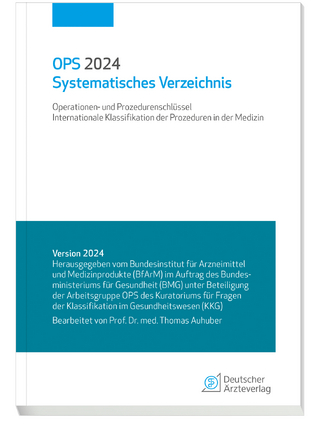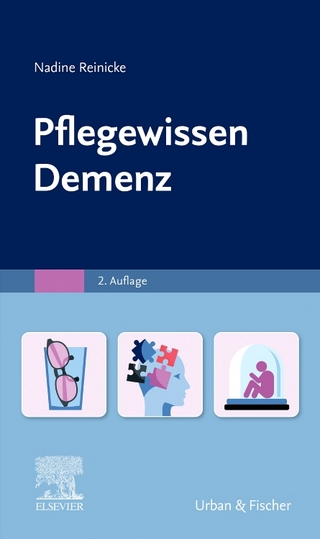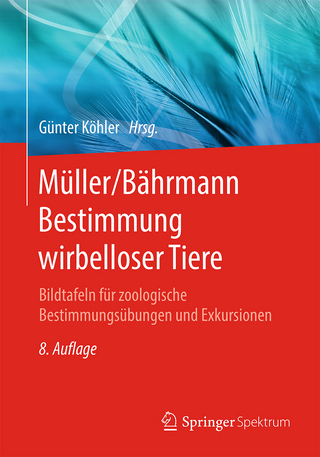
Epigenetics and Reproductive Health
Academic Press Inc (Verlag)
978-0-12-819753-0 (ISBN)
Later chapters examine the possibility of correcting these epigenetic dysfunctions, as well as current challenges and next steps in research, enabling new translational discoveries and efforts towards developing therapeutics.
Dr. Tollefsbol is a Distinguished Professor of Biology and a Senior Scientist in the O’Neal Comprehensive Cancer Center, Integrative Center for Aging Research, Nutrition Obesity Research Center, University Wide Microbiome Center, and the Comprehensive Diabetes Center at the University of Alabama at Birmingham (UAB). He is Director of the UAB Cell Senescence Culture Facility which he established in 1999. Dr. Tollefsbol trained as a Postdoctoral Fellow and Assistant Research Professor with members of the National Academy of Science at Duke University and the University of North Carolina. He earned doctorates in molecular biology and osteopathic medicine from the University of North Texas Health Sciences Center and his bachelor’s degree in Biology from the University of Houston. He has received prior funding from the NCI, NHLBI, NIMH and other federal institutes as well as the Glenn Foundation for Medical Research, Susan G. Komen for the Cure, the American Federation for Aging Research (AFAR), and the American Institute for Cancer Research (AICR) among many other sources. Dr. Nafisa Balisinor received her B.Sc. and M.Sc. at the Sophia College University of Mumbai, and her Ph.D. at the Institute for Research in Reproduction, University of Bombay (Biochemistry, 1989). She has published widely on topics in reproductive neuroendocrinology and epigenetics, in such peer reviewed journals as the International Journal of Biological Macromolecules, Epigenetics, Endocrinology, Andrologia, and the Journal of Steroid Biochemistry and Molecular Biology. Currently Dr. Nafisa Balasinor is a Scientist and Head of the Department of Neuroendocrinology, at the National Institute for Research in Reproductive Health India, Mumbai, India. Dr. Priyanka Parte received her first M.Sc. at the University of Mumbai (Applied Biology, 1992), and her second M.Sc at the University of Edinburgh , Scotland , U.K. (Reproductive Biology; 1996). She received her Ph.D. at the University of Mumbai, (Biochemistry, 2000), followed by a Post-Doctoral fellowship at the University of Massachusetts, Worcester (Biochemistry & Mol. Pharmacology.; 2003-2004). Currently, she is a Scientist and Head of the Department of Gamete Immunobiology at the National Institute for Research in Reproductive Health India, Mumbai, India. She has published articles in such peer reviewed journals as Fertility and Sterility, Cell and Tissue Research, Molecular Reproduction and Development, and the Journal of Proteomics. Dr. Dipty Singh received her Ph.D at the University of Mumbai (Life Sciences, 2010), and her M.Sc at the University of Allahabad (Biotechnology, 2004). Her research interests include reproductive biology, endocrine disruptors, and bacterial cell division proteins and their small molecule inhibitors. In her previous role she was a Research Associate at the Department of Biosciences & Bioengineering, IIT Mumbai, and is now a Scientist at the National Institute for Research in Reproductive Health India, Mumbai, India. She has published a range of peer journals, including Biochemistry, Chemosphere, the Journal of Pharmacopuncture, and the Journal of Nanobiotechnology.
SECTION I Spermatogenesis, oogenesis and fertility 1. Epigenome reprogramming in the male and female germ line 2. Genomic imprinting 3. Chromatin remodeling of the male genome during spermiogenesis and embryo development 4. Epigenetic regulation in stem cells 5. Aberrant epigenetics and reproductive disorders
SECTION II Pregnancy/developmental/placental epigenetics 6. Epigenetic reprogramming in the embryo 7. Epigenetic regulation during placentation 8. Epigenetic modulation during pregnancy and pregnancy related disorders 9. Epigenetic involvement in fetal and neonatal origins of late-onset disease
SECTION III Epigenetic – lifestyle, aging and environmental influence 10. Impact of environmental chemicals and endocrine disruptors on mammalian germ cell epigenome 11. Influence of nutrition on reproductive health through epigenetic mechanisms 12. Influence of stress and lifestyle on epigenetic modifications 13. Aging of male and female gametes
SECTION IV Reproductive cancer and epigenetics 14. Testicular and prostate cancers 15. Emerging patterns and implications of breast cancer epigenetics: An update of the current knowledge 16. Ovarian and endometrial cancers 17. Epigenetic aberrations in cervical cancer
SECTION V Epigenetics in diagnosis, prognosis and therapy 18. Natural molecules as epigenetic modifiers in reproduction
| Erscheinungsdatum | 21.09.2020 |
|---|---|
| Reihe/Serie | Translational Epigenetics |
| Mitarbeit |
Herausgeber (Serie): Trygve Tollefsbol |
| Verlagsort | San Diego |
| Sprache | englisch |
| Maße | 191 x 235 mm |
| Gewicht | 860 g |
| Themenwelt | Informatik ► Weitere Themen ► Bioinformatik |
| Naturwissenschaften ► Biologie ► Genetik / Molekularbiologie | |
| ISBN-10 | 0-12-819753-6 / 0128197536 |
| ISBN-13 | 978-0-12-819753-0 / 9780128197530 |
| Zustand | Neuware |
| Haben Sie eine Frage zum Produkt? |
aus dem Bereich


